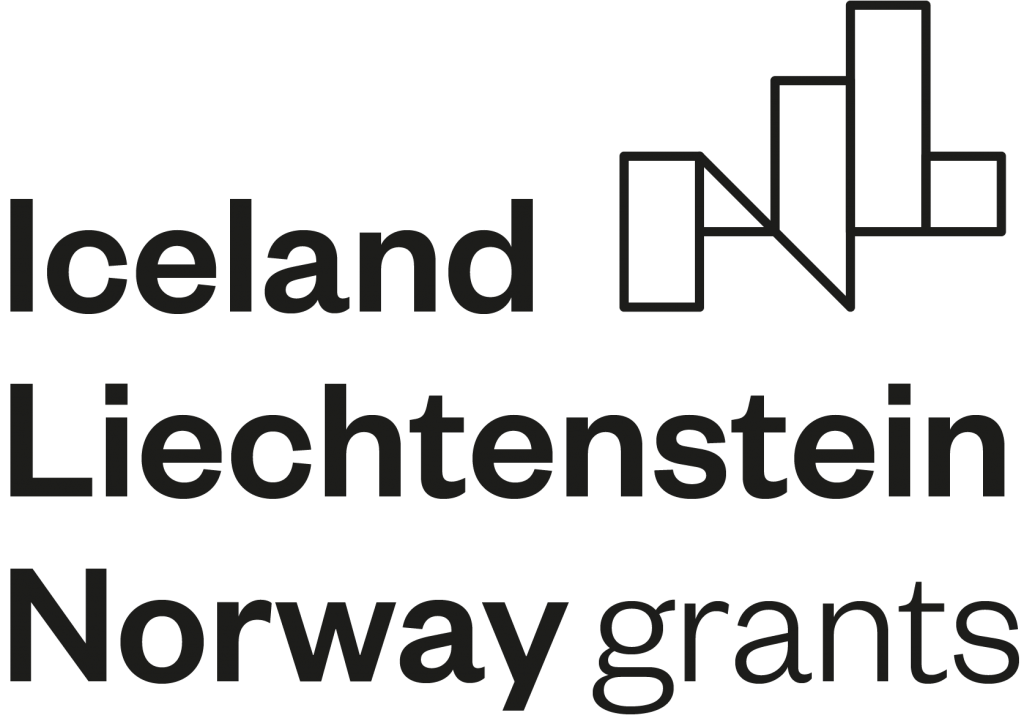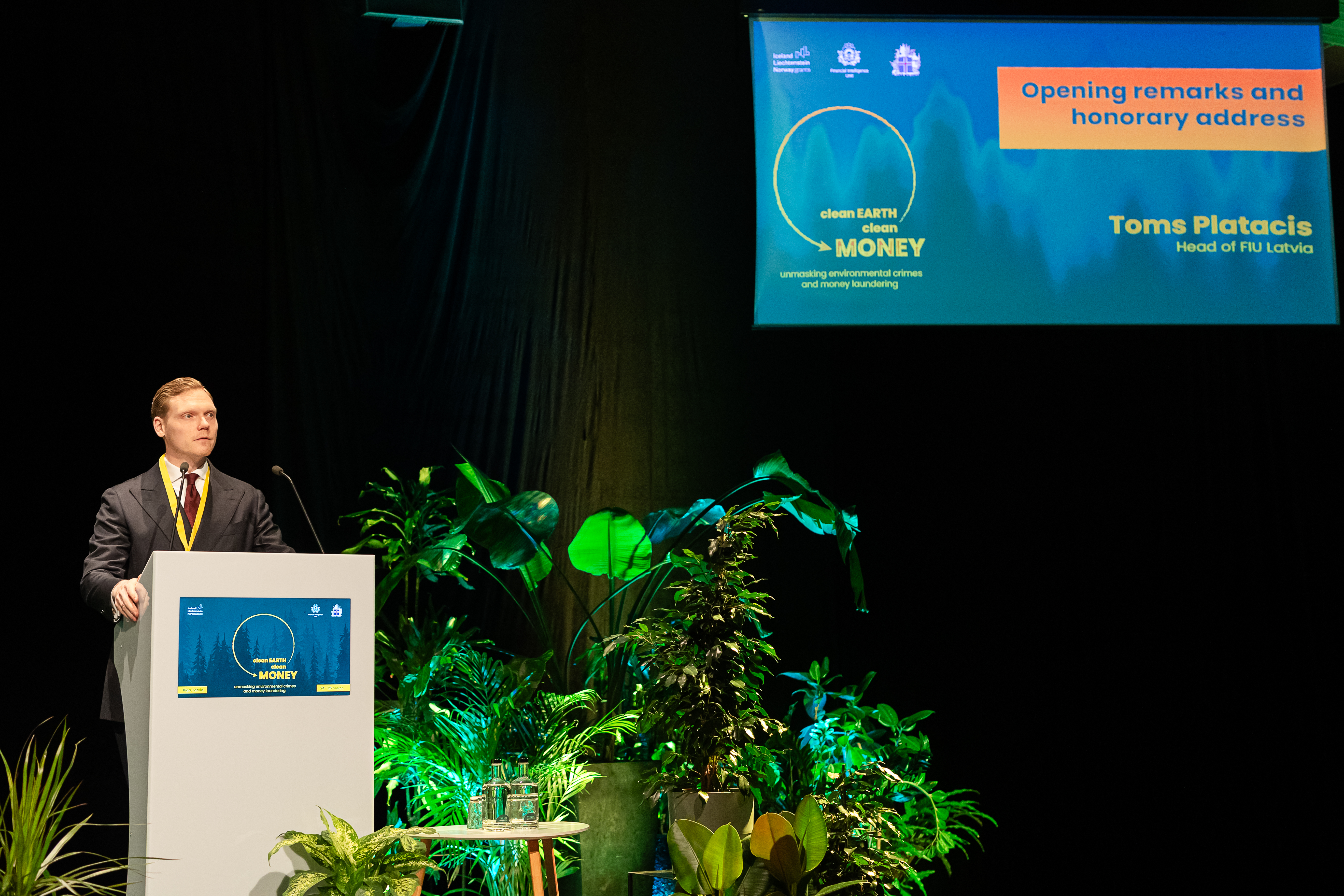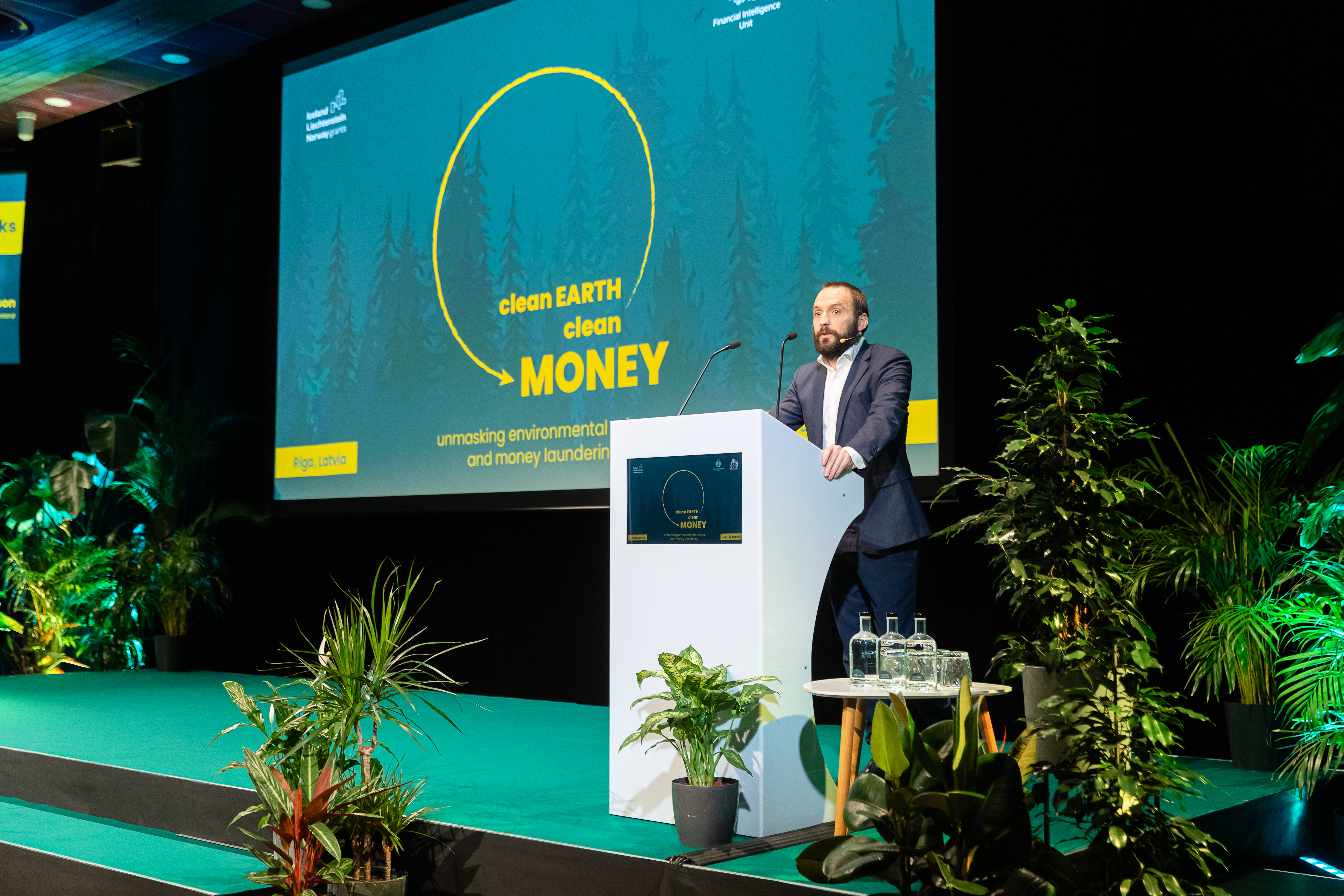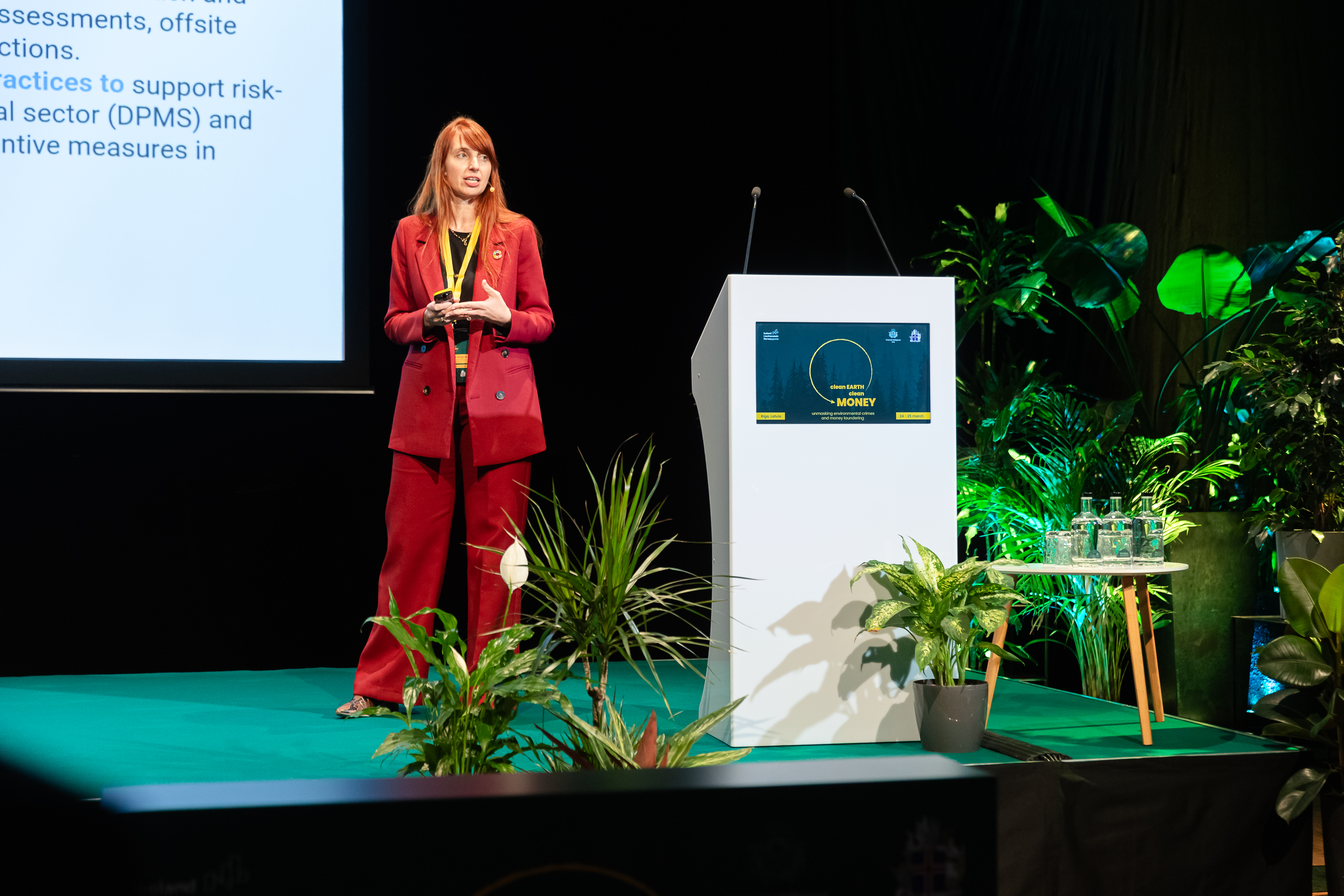2026-02-19
Latvia’s AML/CFT system internationally recognised as overall effective
28.03.2025

An international conference on environmental crime and money laundering, organized by the Financial Intelligence Unit of Latvia (FIU), took place on 24–25 March at the Radisson Blu Latvija in Riga. The conference brought together industry experts and opinion leaders to share practical knowledge and raise the international profile of the issue.
The first day of the conference was opened by the Head of FIU Latvia, Toms Platacis, who emphasized that illegal logging, waste trafficking, illicit wildlife trade, exploitation of resources, and other environmental offenses are all part of serious financial crimes. These activities generate profits that fuel corruption, organized crime, and money laundering on an international scale. Environmental crime is not just about protecting nature – it is about protecting our economies, our security, and future generations.

During the two-day conference, FIU engaged with international experts to explore crime in four main areas. The first day focused on crimes related to natural resources and waste. In their presentations, the experts highlighted the links between environmental crime, organized crime, and corruption, as well as the complex chains of money laundering. Concrete examples of how law enforcement authorities and FIUs can work together to detect environmental crime and related money laundering were also presented.

On the second day, experts focused on crimes related to forestry and fishing. They highlighted the role of non-governmental organizations, international institutions, and the media in identifying environmental crimes and researching related trends and risks. These case studies and experiences not only provided insights into the work of other sectors but also emphasized the environmental and social damage caused by criminal activities, particularly their impact on societies in developing countries.

Key Takeaways:
The conference confirmed the urgency and importance of addressing this issue. Environmental crime is becoming a major market for organized crime, posing risks to financial systems, ecosystems, and society. This aligns with the findings of the Financial Action Task Force (FATF), which emphasizes that environmental crime is closely linked to corruption, tax evasion, and other serious financial crimes. Interpol and the UN estimate that environmental crime and its proceeds are growing at 5–7% per year – two to three times faster than the global economy.

Despite recognition by international organizations of the links between environmental crime, organized crime, tax evasion, and corruption, only a fraction of this multi-billion-dollar industry has been detected. However, initiatives such as the European Green Deal, the EU Environmental Crime Directive, and growing pressure from NGOs are helping to draw attention to the issue.
Tackling environmental crime requires a proactive, intelligence-led approach. FIUs must increase their efforts to trace criminal assets, engage private sector partners, and strengthen cross-border cooperation to protect both the environment and the financial system. By pooling resources, knowledge, and experience, criminal financial activity can be detected and prevented more effectively.

The conference brought together approximately 150 participants from more than 20 countries. The audience included FIU experts from various nations, law enforcement, regulatory and control authorities, public and private sector representatives, and international and industry specialists. The event strengthened participants' knowledge and understanding, enabling them to better detect environmental crime and related money laundering.
FIU Latvia thanks all the experts and participants for their valuable contributions to the conference’s content.

The event is organized in cooperation with FIU Iceland. EEA Financial Mechanism 2014-2021 Programme "International Police Cooperation and Combating Crime" Fund for bilateral relations initiative "Capacity building in the field of AML, including in the identification of environmental crime". Agreement No. EEZ/DSF/FID/2024/1.
2026-02-19
Latvia’s AML/CFT system internationally recognised as overall effective
2026-02-16
VDD requests criminal prosecution for violation of EU sanctions

